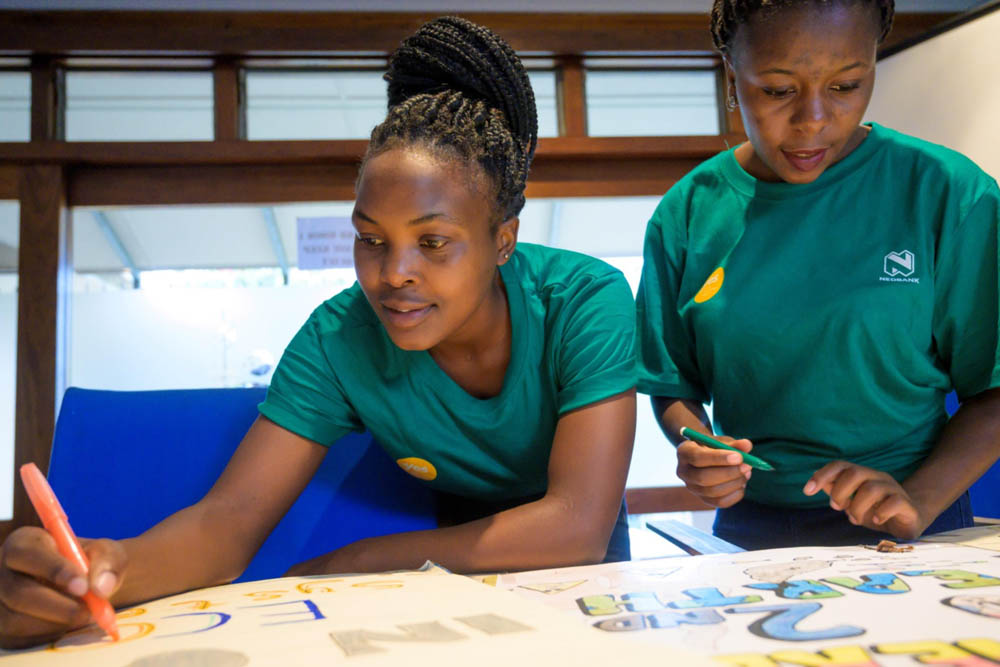Before exploring the role of training we would like to refer to the nature and function of youth work. Youth work as a social practice exists in the social space between the public and the private space.
One function would be the one of providing a “transit zone”; not just or not mainly in terms of age but a transit zone between the way young people are and the way they could become (examples could range from less active to more active, from less employable to more employable, from less positive attitude and thinking to more positive attitude and thinking.
The other function would be the one of being a “forum” for the self-expression and participation of young people – to enable them to deal with their interests, aspirations, present and future – without any predetermined intention, change, or evolution in a certain direction in relation to the adult world.
The role of training would be to equip young people so that they can successfully transit through their lives, meaningfully participate in their fora and effectively participate in the articulation of policies affecting them.

The youth development programs are skill training programs designed to provide our youth with useful skills as they participate in an activity in their field of interest outside school hours. The acquisition of skills is of great importance, as it can provide a good source of income to many across the world. The goal of these programs is to teach our youth to be self-sufficient. By assisting children to survive to reach adulthood, we enable them to become self-supporting individuals, with positive mindsets who are able to care for themselves, and their families, and contribute significantly to the future of their community. Learning any of these skills will be a way for our youth to provide for themselves, and will enable them to be less dependent on handouts.

Young people possess the greatest understanding of their own needs and the creativity and energy to see old problems in new ways. Youth participation in program design and delivery can drive innovation, increase retention of program participants, lead to longer-lasting program outcomes, and positively impact surrounding systems.
Impactful youth engagement begins with the Positive Youth Mindset philosophy that sees young people as assets rather than “problems to be solved.” When we recognize that young people must be the primary drivers of their own development, with adults and systems playing a supporting role, we understand that anything done for youth without youth runs the risk of failure.


